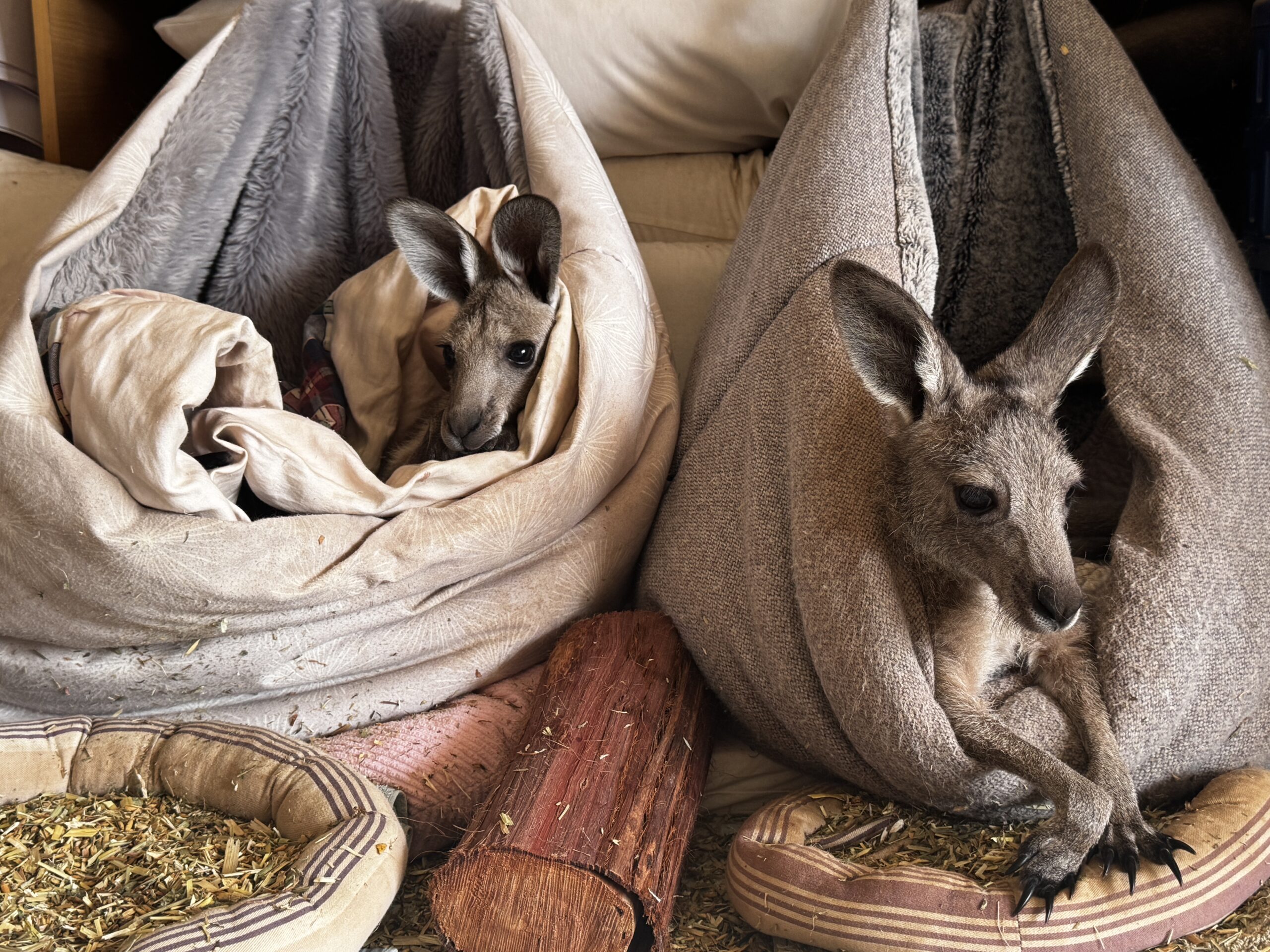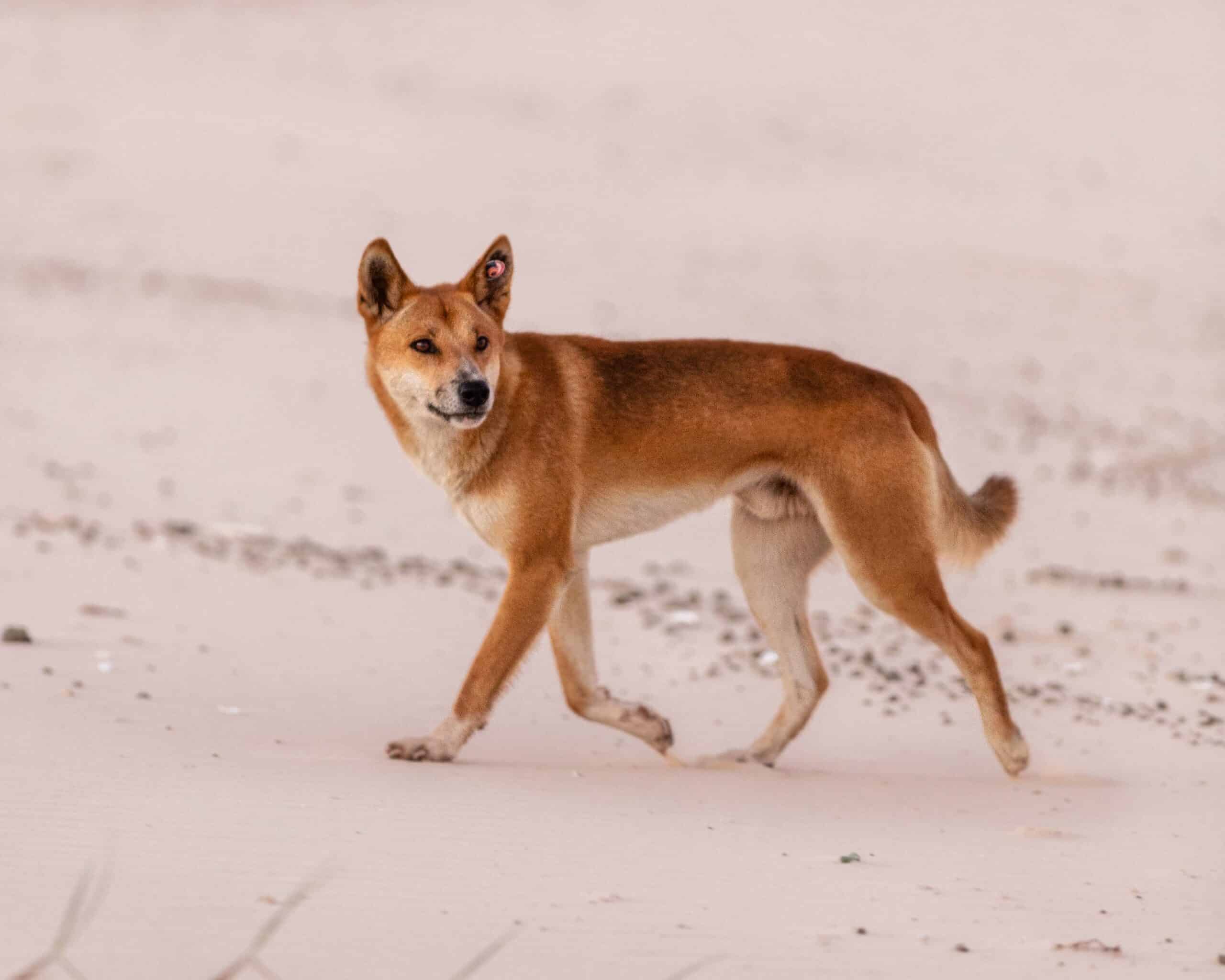When disaster strikes, wildlife rescue is rarely quick or simple. It is a slow, meticulous act of care that often begins with a single phone call from a worried member of the public, or a sighting by a search team moving through burned country. During the ongoing bushfires in Victoria, Humane World for Animals teams have been...
We have just been sent this great new video from the HSI-supported Bali Sea Turtle Society (BSTS) and wanted to share it with you.
There are only seven species of sea turtle in the world and six of them are found in Indonesian waters: the critically endangered Hawksbill turtle, endangered Green and Loggerhead turtles, vulnerable Olive Ridley and Leatherback turtles and the Flatback turtle (whose conservation status is unknown due to a lack of data).
BSTS runs community-based conservation programs to help protect these turtles from poaching and to work to educate and change local behaviour from consuming turtles to conserving them.

BSTS involves tourists and locals in their conservation efforts, education programs and release of baby turtles. Image: Bali Sea Turtle Society
One of the key activities is nest protection. The team works with volunteers to record the location, number and species of sea turtles laying eggs.
Then they relocate the eggs to a protected hatchery safe from poachers, tourist traffic and feral dogs until they are ready to hatch when they are returned to the beach for release back to the wild.
In 2016 alone, there were more than 40,000 hatchlings released by BSTS.

The teams also work to rescue, rehabilitate and release stranded turtles during the west monsoon season and conduct a host of education activities for both locals and tourists.
The Sea turtle nesting season is approximately March to September and hatching season April to October each year.
So if you are lucky enough to visit Bali, pop in to see our good friends at the BSTS and learn more about how you can help sea turtle conservation.
You will find them on Kuta Beach at the front of the Grand Inna Hotel—just look for the giant turtle statue.


